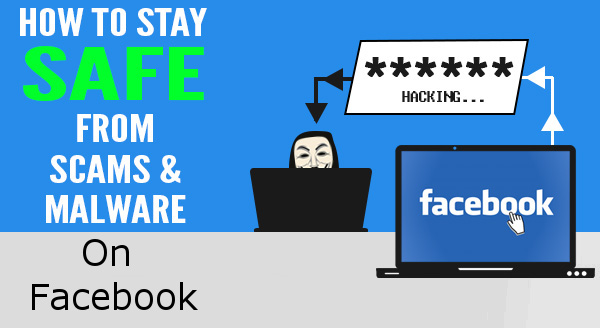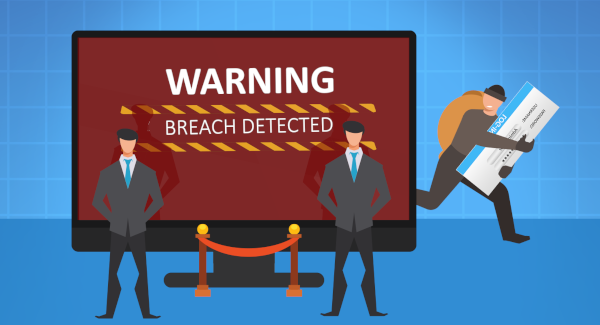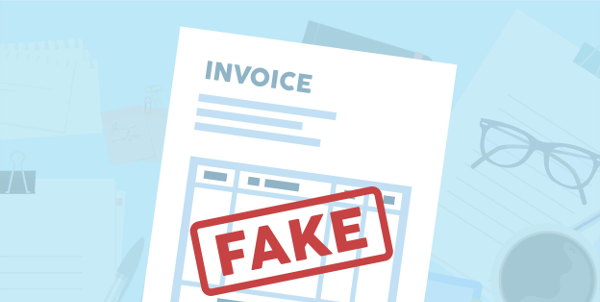 At last count, Facebook has clocked up over 2.7 billion users, this makes the platform more attractive than ever for scammers and hackers. While you may be logging in to share your latest family photos or catch up with friends, the chances of accidentally triggering a scam or malware are increasing every day. Here are some tips on how to stay safe on Facebook and stop the spread of scams.
At last count, Facebook has clocked up over 2.7 billion users, this makes the platform more attractive than ever for scammers and hackers. While you may be logging in to share your latest family photos or catch up with friends, the chances of accidentally triggering a scam or malware are increasing every day. Here are some tips on how to stay safe on Facebook and stop the spread of scams.
Look out for freebies and surveys
Everybody loves a freebie but when you see a giveaway for vouchers from a mega-store, alarm bells should ring. ‘Complete this survey and we’ll send you a $50 Amazon Voucher!’ – is too good to be true. Even one click can take you on a messy journey through the underbelly of the web, picking up trackers and malware at every step and then you are asked to share the post so your friends can get a voucher too…except nobody ever receives the reward. So stop it at the start and never click on these scam offers.
Check your permissions with games and quizzes
Whenever you access a new game or quiz, you’ll need to give it permissions to access your Facebook profile. Most people click the okay button without any thought, but if you review the permissions you are giving, you will often find they are asking for a massive amount of unneeded personal data; this data can include your public profile, friend list, email address, birthday and newsfeed. Do they really need access to ALL this information? Sometimes the shakedown is from necessity, but sometimes the apps are preparing to launch attacks against you both on and off Facebook. For example, when you call your financial institution bank they ask certain questions like your full name, birthday and maybe which high school you went to. All that information is in your Facebook profile and now shared with your permission to an unknown entity.
Don’t friend people you don’t know
Having lots of friends is always nice, but that friend accept may end up costing you. It might be someone pretending to know you, or a picture of a pretty girl to entice men (and vice versa). Once you friend them, they will get access to everything your friends can see. In this case, it’s more than the risk of someone knowing your personal data, you’ve just given them access to intimate details of your life. It’s exactly how romance scams start, and there are even cases where the victim finds photos of their children circulating the internet.
If it is weird, forget it
It doesn’t happen very often, but hackers find ways to take advantage of flaws in Facebook. A common hack that keeps popping up in various forms is to embed malware in a link. The virus then infects your machine and contacts all your friends with an enticing message, like asking whether a picture is of them. When they click to view the picture, the virus catches them and their friend list, and keeps on spreading. Facebook is pretty good at staying on top of these flaws, but they need time to fix it. Just like if you got a weird email with an attachment from a friend, use that same level of scrutiny in your Facebook and don’t open messages or links that seem out of place.
Need help securing your privacy? Talk to us. Call us at 08 8326 4364 or via email at su*****@dp*********.au
 Discover the essential strategies to protect your business from tech scams with our comprehensive eBook, “Top Tech Scams Exposed”.
Discover the essential strategies to protect your business from tech scams with our comprehensive eBook, “Top Tech Scams Exposed”.



 Passwords are an essential part to your businesses cybersafety. If, like the rest of us, you have dozens of passwords to remember, you might take shortcuts. Taking advantage of this type of attitude is one way bad guys access your passwords.
Passwords are an essential part to your businesses cybersafety. If, like the rest of us, you have dozens of passwords to remember, you might take shortcuts. Taking advantage of this type of attitude is one way bad guys access your passwords. 
 At last count, Facebook has clocked up over 2.7 billion users, this makes the platform more attractive than ever for scammers and hackers. While you may be logging in to share your latest family photos or catch up with friends, the chances of accidentally triggering a scam or malware are increasing every day. Here are some tips on how to stay safe on Facebook and stop the spread of scams.
At last count, Facebook has clocked up over 2.7 billion users, this makes the platform more attractive than ever for scammers and hackers. While you may be logging in to share your latest family photos or catch up with friends, the chances of accidentally triggering a scam or malware are increasing every day. Here are some tips on how to stay safe on Facebook and stop the spread of scams.